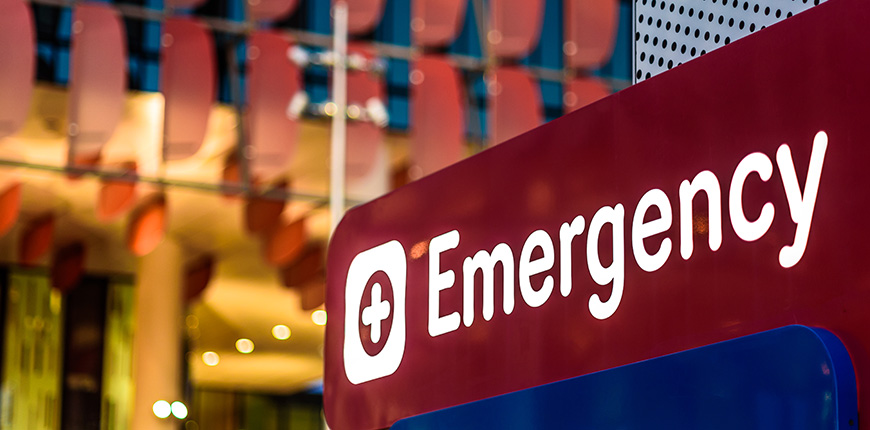
Prescription opioids used for short-term relief are generally safe when used as prescribed by a doctor; however, there is always a risk of developing a tolerance, dependency, or addiction. Drug addiction is a chronic and relapsing disease that affects the body and brain. It is the most severe form of a substance use disorder.
If you or someone you know is struggling with Opioid Use Disorder, help is available. Addiction is treatable, and while there is no single treatment method right for everyone, recovery is possible. Project Hope offers a medication-assisted treatment (MAT) program that includes a team of mental health providers to deliver an individualized treatment plan that works.
Opioid addiction can be life-threatening – get help today. With opioid use more prevalent than ever, it is vital to learn how to identify opioid overdoses and get help.
Can a Person Overdose on Prescription Opioids?
Yes, if the person uses enough of the drug, it can produce life-threatening symptoms or death. When people overdose on opioid medication, their breathing often slows or stops.
Recognizing Opioid Overdoses
It is vital for those who spend time with individuals using opioids to learn the signs of an overdose. There are three key signs called the Opioid Triad to watch out for:
- Unconsciousness
- Pinpoint pupil
- Hypoventilation which sounds like slow, shallow breathing
Other warning signs may include:
- Vomiting
- Limp body
- Inability to speak
- Paleness in the face
- Blue fingernails or lips.
Can an Opioid Overdose be treated?
If you suspect someone is experiencing an opioid overdose, call 911. The medical personnel will administer the opioid overdose-reversing drug, Naloxone. Before help arrives:
- Try to rouse the victim
- Make sure they are breathing
- Lay them on their side
- Stay with the victim
How to Prevent Opioid Overdoses
The following tips can help help you or a loved one avoid an opioid overdose:
- Always follow the prescribed directions. If you miss a dose, do not take a double amount.
- Do not combine opioids with alcohol, sleeping pills, or other drugs.
- Take medication as prescribed.
- Never take or share someone else’s medication.
- Store medication out of reach from children and pets.
- Dispose of the unused medication safely.
- Avoid high-risk situations
- Get help immediately if you know or suspect someone has an opioid addiction.
What Treatment Options are Available?
Medication-assisted treatment or MAT programs used evidence-based treatments to address the needs of individuals. It combines medications such as methadone, buprenorphine, and naltrexone with behavioral therapy. The medicines help to reduce cravings and withdrawal symptoms. Counseling and other behavioral health therapies provide patients with a whole-person approach and tackle any co-occurring mental health conditions.
To learn more about MAT programs and Project Hope, please contact us at (707) 387-1631

